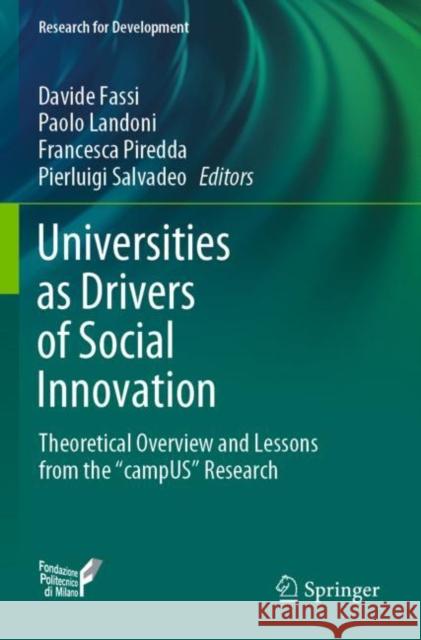Universities as Drivers of Social Innovation: Theoretical Overview and Lessons from the Campus Research » książka
topmenu
Universities as Drivers of Social Innovation: Theoretical Overview and Lessons from the Campus Research
ISBN-13: 9783030311193 / Angielski / Miękka / 2020 / 317 str.
Universities as Drivers of Social Innovation: Theoretical Overview and Lessons from the Campus Research
ISBN-13: 9783030311193 / Angielski / Miękka / 2020 / 317 str.
cena 201,24
(netto: 191,66 VAT: 5%)
Najniższa cena z 30 dni: 192,74
(netto: 191,66 VAT: 5%)
Najniższa cena z 30 dni: 192,74
Termin realizacji zamówienia:
ok. 22 dni roboczych.
ok. 22 dni roboczych.
Darmowa dostawa!
Kategorie:
Kategorie BISAC:
Wydawca:
Springer
Seria wydawnicza:
Język:
Angielski
ISBN-13:
9783030311193
Rok wydania:
2020
Wydanie:
2020
Numer serii:
000473111
Ilość stron:
317
Oprawa:
Miękka
Wolumenów:
01











